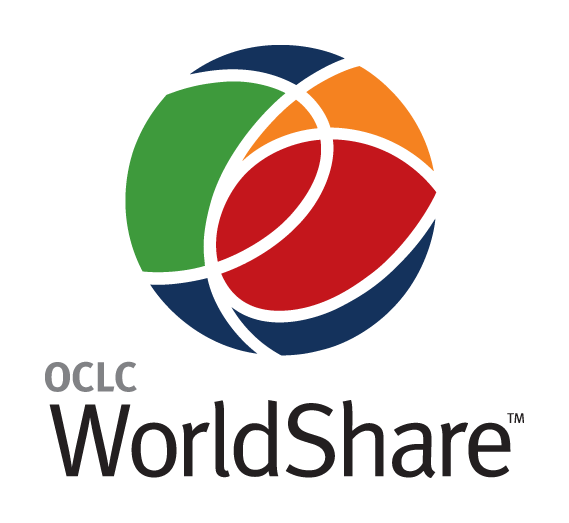OCLC announced today the launch of its WorldShare Platform, a new technical infrastructure to help libraries collaborate in the creation and sharing of new web applications. The platform tightly integrates with the recently launched cloud-based integrated library system (ILS) Web-scale Management Services, now rebranded WorldShare Management Services (WMS), and other services. At the same time, the nonprofit also announced that it will be opening new data centers overseas over the next year.
The WorldShare platform, which has been gradually introduced to developers over the last several months, will allow outside app developers to create and share applications using OCLC web services and application programming interfaces (APIs), and will make data accessible in WorldCat, the WorldCat Registry , the WorldCat knowledge base, and WorldCat Identities, among others. Other APIs will allow access to circulation, authentication, acquisitions, and license management functions. Submitted apps will be vetted by OCLC; once approved, they will be made freely available for download. Apps created by OCLC and its partners will also be available.
, the WorldCat knowledge base, and WorldCat Identities, among others. Other APIs will allow access to circulation, authentication, acquisitions, and license management functions. Submitted apps will be vetted by OCLC; once approved, they will be made freely available for download. Apps created by OCLC and its partners will also be available.
Andrew Pace, OCLC’s executive director of networked library services, told LJ that two sets of apps will available in the shared app galleries initially. “One will be a handful of demo apps that highlight some of the new services we’re exposing,” he said, and another will contain 70 apps or so already developed by people in the OCLC Developer Network. Two of OCLC’s upcoming “Mashathon” events this month, which will bring together independent library code developers in Frankfurt, Germany, and Dublin, OH (where OCLC is headquartered), could yield additional apps, Pace said.
“What we’re trying to do is make sure that, yes, we have open APIs, but also have platforms that make it easier for the community across the board to integrate them and use them,” Cathy De Rosa, OCLC’s VP for the Americas and global VP of marketing, told LJ.
New data centers
Thirty libraries are currently using WMS, which was officially launched in July and first announced in 2009. More than 150 libraries worldwide have signed on to use the ILS, including BIBSYS, a large Norwegian library consortium, which signed on, in part, due to OCLC’s expansion plans in Europe. BIBSYS’s WMS early-adopter status was first announced in June.
The new data centers will not only provide more local infrastructure for web-based OCLC services overseas—centers in Australia and Canada are upcoming—but will also address WMS data privacy protections. “It’s all well and good to share bibliographic data globally, but there are legal and political realities that we have to address in terms of patron data,” Pace said.
Overall, OCLC’s strategy appears to be a move toward further embracing web-based services. Citing such projects as HathiTrust and Europeana, De Rosa said that libraries are “moving to a web-scale, shared, cooperative approach,” said De Rosa.
“We’re certainly going to be seeing a lot more of that,” she added.



